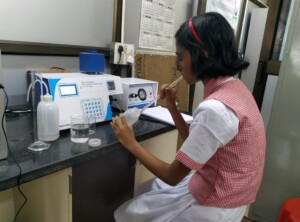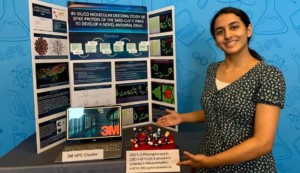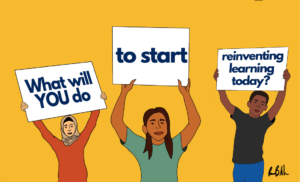UChicago Takes On Big Challenges with Urban Labs

The Booth School of Economics may get more attention but The University of Chicago may also be the best example of the positive impact of applied research in K-12 education.
Created in 1990 by Tony Bryk, the Consortium on Chicago School Research, is federation of research groups that, through a partnership with Chicago Public Schools, conducted and reported on local research with such insight that it had a national impact.
After leading Teaching and Learning in Boston in the last decade (when it was the best the urban district in the country), Timothy Knowles joined the UChicago faculty and launched the Urban Education Institute with the audacious goal of “creating knowledge to produce reliably excellent schooling for children growing up in urban America.”
There’s some evidence it’s working. Despite all the turnover in the CEO’s office, Chicago is on track to graduate 84% of its high school students. They have more students taking and scoring higher on college entrance exams. The progress started in 2002 when Knowle’s team started monitoring 9th grade on-track data which turned out to be a solid predictor of graduation. Schools and nonprofit partners like City Year have focused on this data for a decade.
“The cool thing is it happened during a period of 5 superintendents in 7 years, 2 mayors, a strike, and historic school closures,” said Knowles, “It is a genuine reform, owned by teachers, at scale.”
Aggressive new school development including four campuses of UChicago Charter School also made a contribution to improving grad rates.
Urban Labs. Noting the progress, the Pritzker Foundation made a first quarter gift of $10 million to launch UChicago Urban Labs to design and test the most promising urban policies and programs across five units: Crime Lab, Education Lab, Energy & Environment Lab, Health Lab, and Poverty Lab.
Knowles serves as the Pritzker Director of the UChicago Urban Labs. “A policy to reduce crime rates might also have a very significant impact on improving education, health, jobs, and poverty,” Knowles said. “By doing this work in a unified and collaborative way, we can understand the impact of the policies in real time and implement what we learn in cities around the country and the world.”
The collaborative approach recognizes that many long-term challenges in cities are related, and require unified responses. To make an impact on the broadest scale, Urban Labs will partner with civic leaders and practitioners in Chicago and around the world.
As noted in Smart Cities, the majority of the world’s population lives in urban centers. They are the engines of innovation and job creation, but they also pose complex problems that Urban Labs will take on.
“At a time when the world’s cities are growing more rapidly than ever before, the University has a singular opportunity to support rigorous research that tests policies and programs to improve lives—from the South Side of Chicago to urban centers around the world,” said President Robert J. Zimmer. “This marks an important step in our faculty’s growing commitment to urban scholarship.”
For more on Chicago, see:








0 Comments
Leave a Comment
Your email address will not be published. All fields are required.